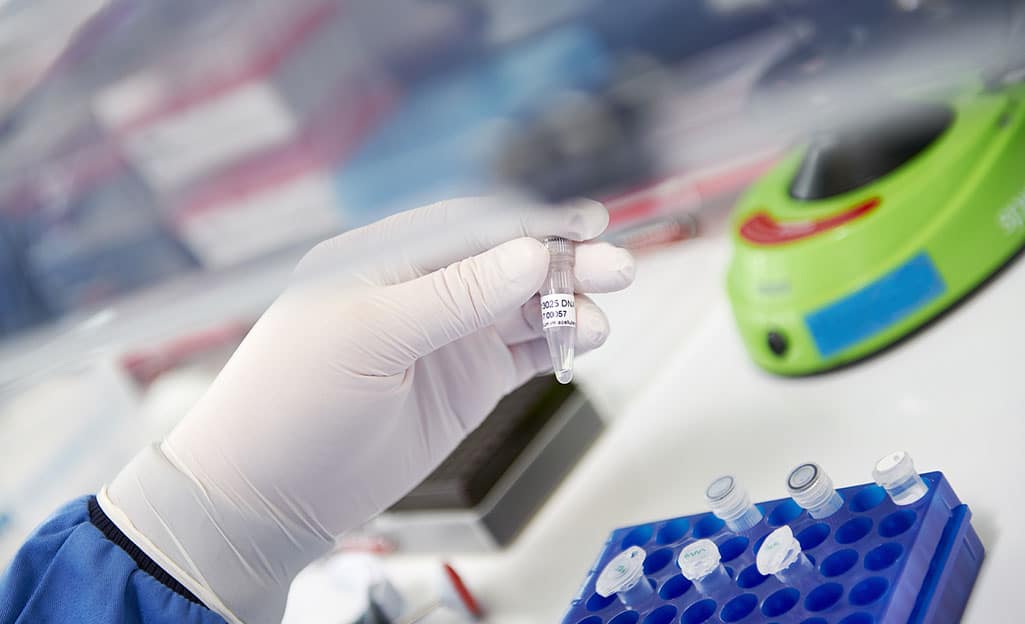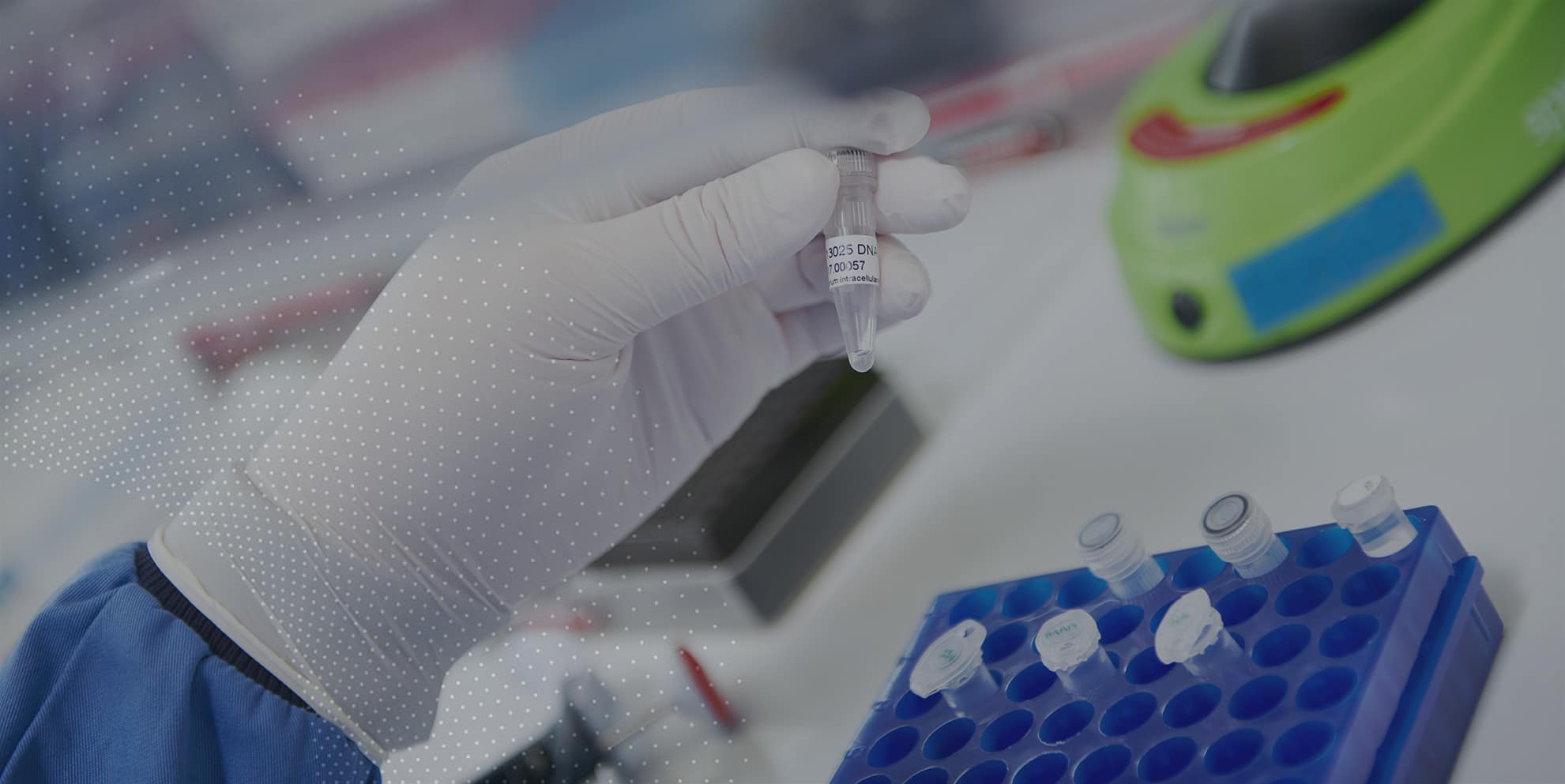The Medical Research Council (MRC) and independent medical research charity LifeArc are making £16m available to establish a network of centres that will offer clinical grade viral vectors, and translational and regulatory guidance to support academic-led patient trials of new gene therapies.
Operating as centrally coordinated facilities, these “Gene Therapy Innovation Hubs” aim to address challenges faced by academics as they seek to progress novel gene therapy research into early stage clinical trials. These challenges include a shortage of viral vector production capacity and a complex and evolving translational pathway for gene therapies.
LifeArc and the MRC will create the network by providing UK-based research organisations with grants for up to 5 years. The grants are designed to support the costs associated with expanding or repurposing existing viral vector production centres. The selected centres, or hubs, will also have access to LifeArc’s translation advice and support. Collectively, the hubs will form a centrally coordinated network, designed to enable sharing of knowledge and capabilities across all hubs. The hubs will increase UK capacity for GMP viral vector production to support academic researchers looking to progress their gene therapy research from the lab into early stage clinical trials.
Dr Melanie Lee, CEO of LifeArc, commented: “Advanced therapies, like gene therapy, offer significant promise to many patients who currently have no treatment options. We hope that through this unique collaboration with the MRC, LifeArc can offer its funding and expertise in technology transfer and translational science to support the progression of promising gene therapies. Translation of advanced therapies will be a core focus of LifeArc’s future strategy for delivering significant new patient benefits.”
Professor Fiona Watt, Executive Chair of the MRC, said: “We are delighted to be working in partnership with LifeArc on this exciting initiative. Continued investment in translational research and in advanced therapies remains a major priority for the MRC and, through this partnership, we aim to support clinical development of the most exciting gene therapy projects from the UK’s world-leading academic researchers. This investment will streamline and accelerate progress towards a new generation of genetic medicines for patients.”
– Ends –
Media contacts
Surinder Maan
Communications Manager
LifeArc
Direct: +44 (0)20 7391 2754
info@lifearc.org



